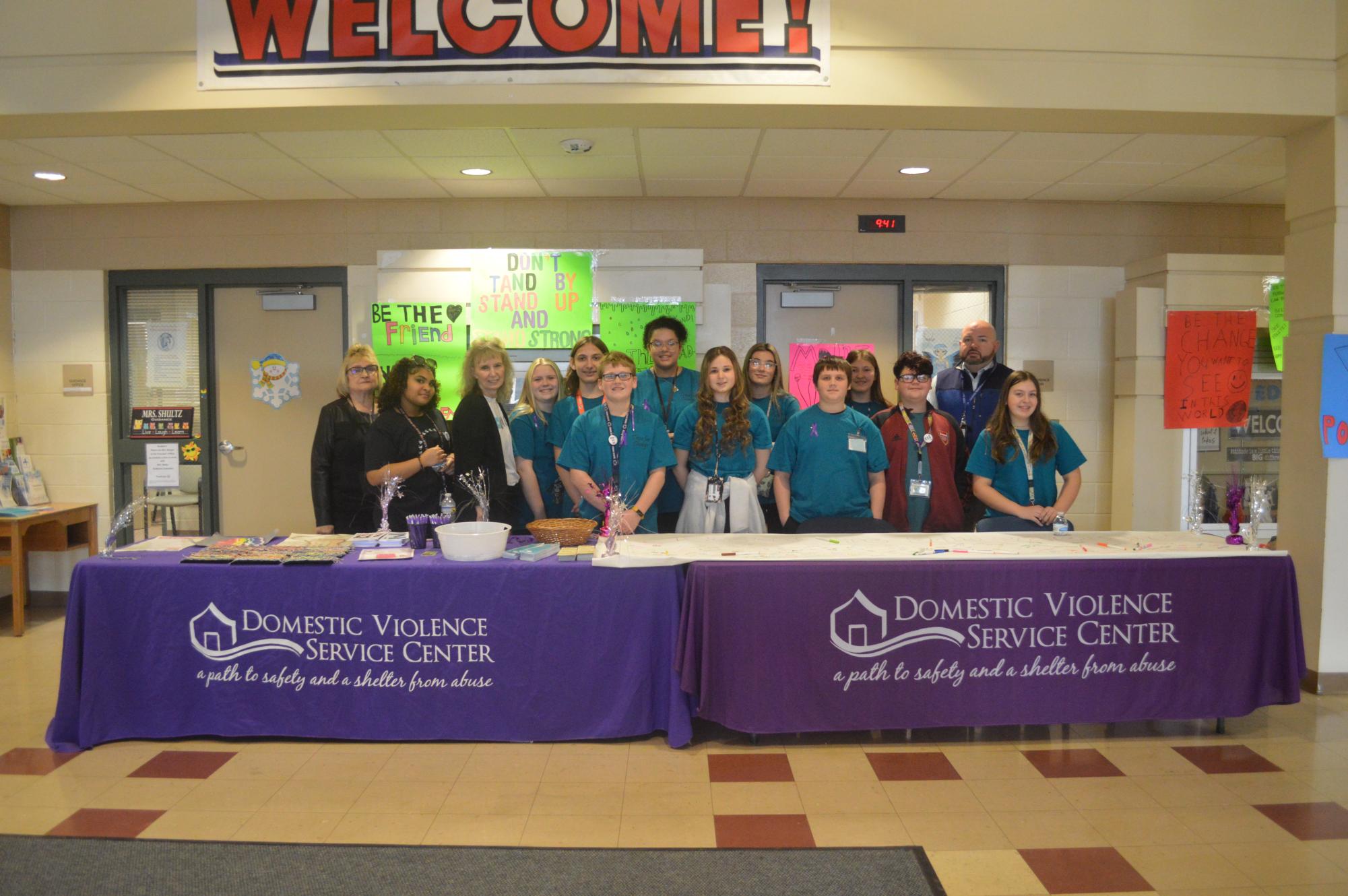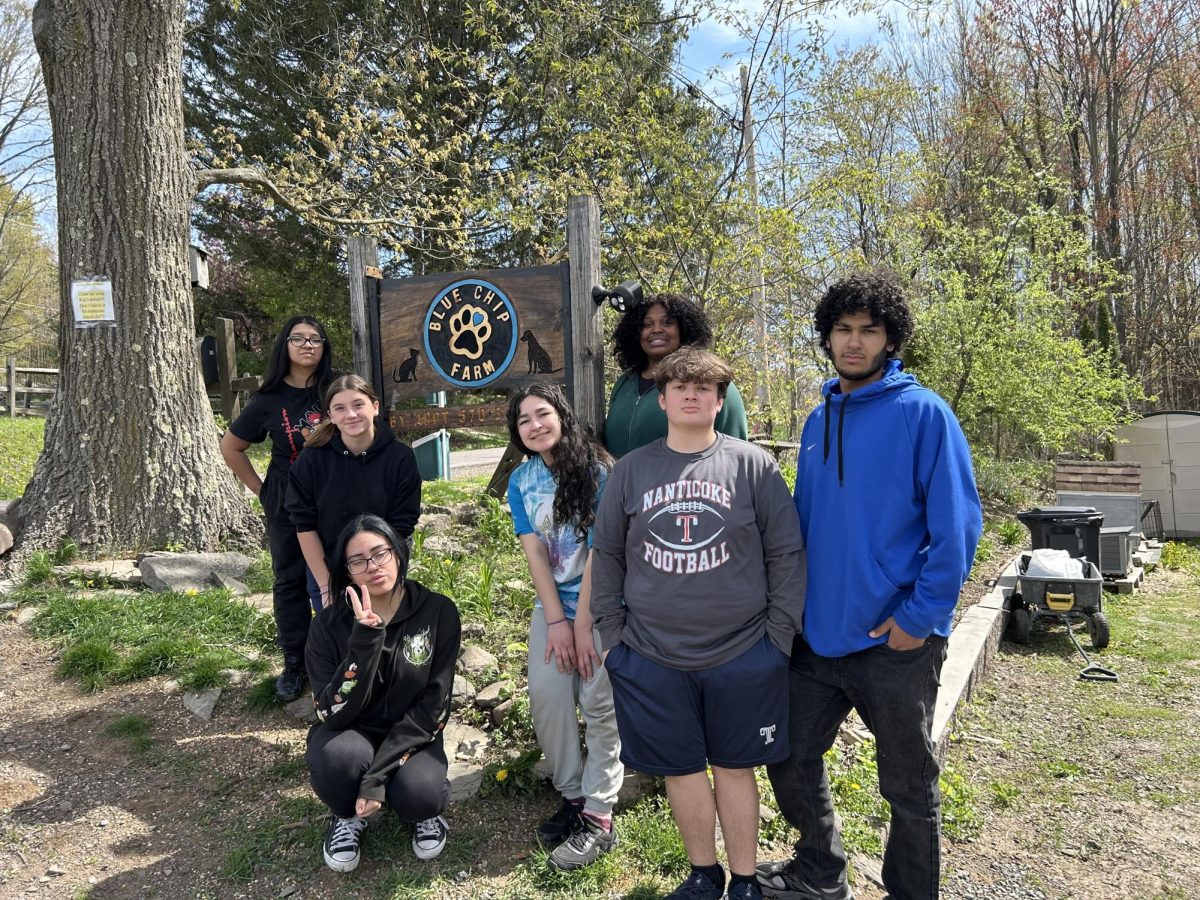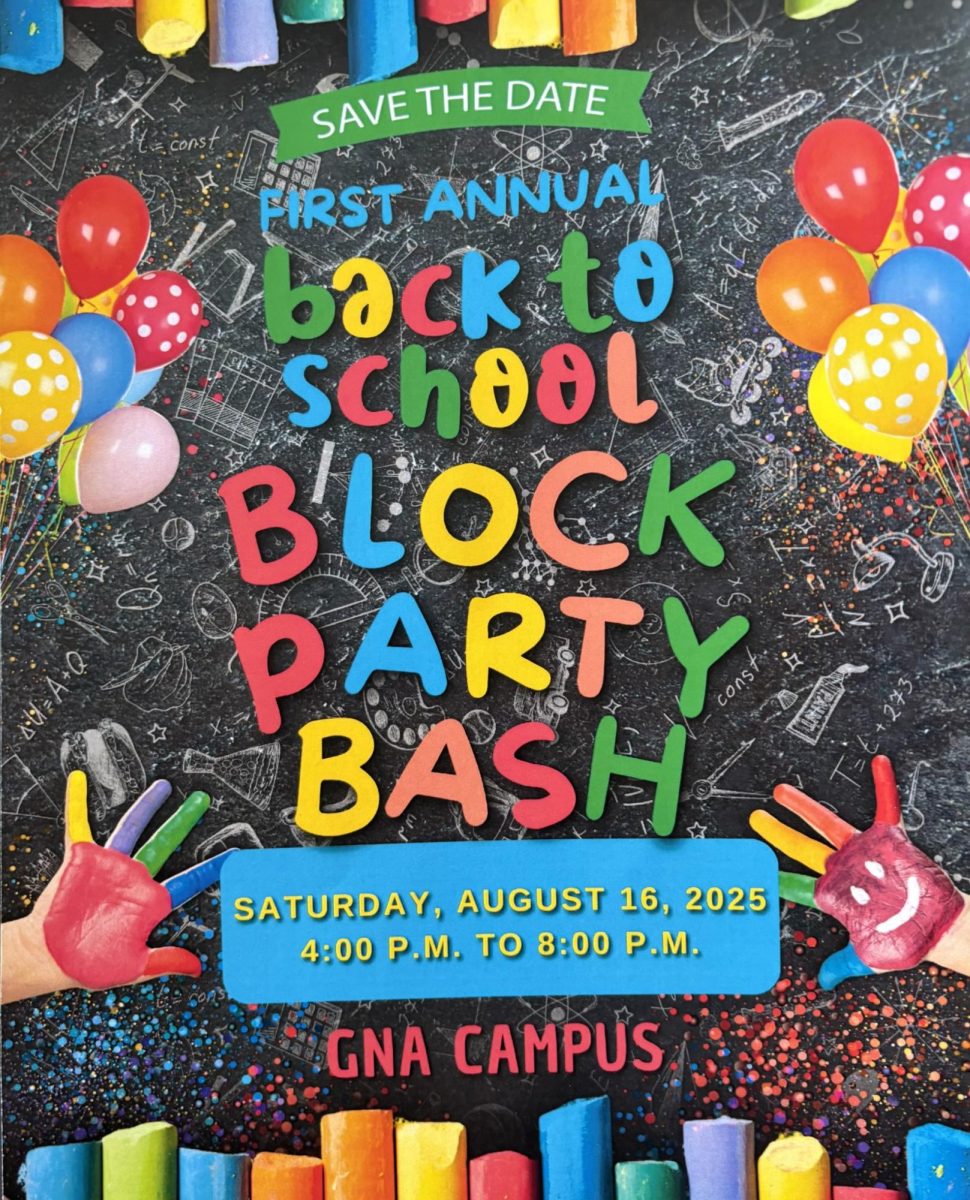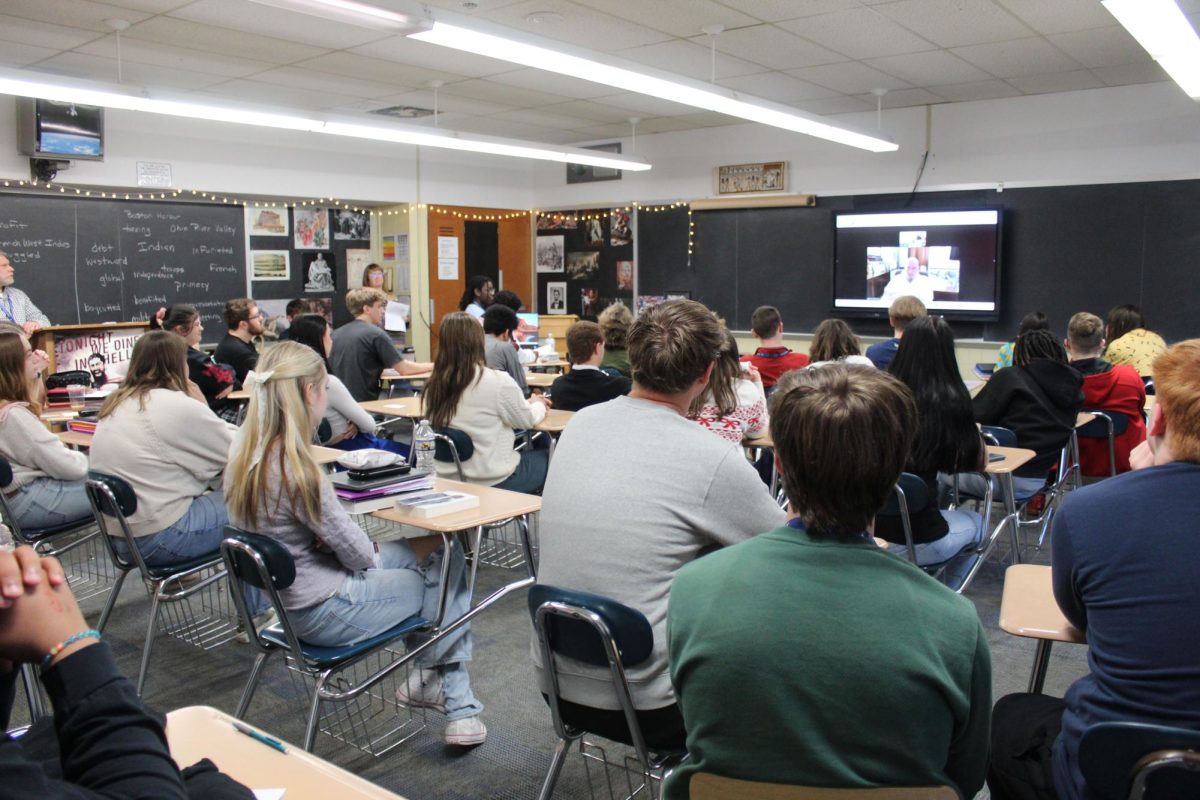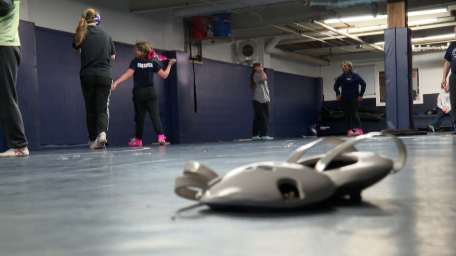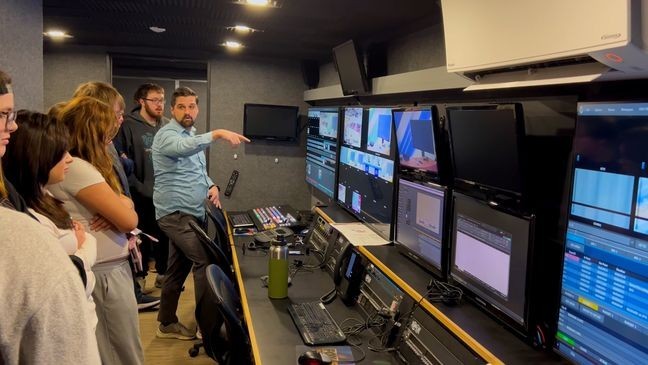A pilot program, built through the Domestic Violence Service Center in Wilkes-Barre titled “Teens for Change,” visited Greater Nanticoke Area Middle School on February 27.
This group, primarily made up of sixth through eighth graders, has courageously decided to take a stand against domestic violence. It’s the first group in Luzerne County to expand on the warning signs and what to look out for in dangerous relationships. The volunteer education program coordinator for the Domestic Violence Service Center, Tammy Rodgers, created this school-based program.
Below, you can find information about signs of abuse, types of abuse, how to take responsibility in a relationship, and what a healthy relationship is.
Couples often go through what many people call the “honeymoon phase.” Sometimes it can be hard to tell when something sweet has turned smothering or when concern becomes control. There are signs you can watch for in your relationship so you can tell when it becomes less about love and more about possession, control, and abuse.
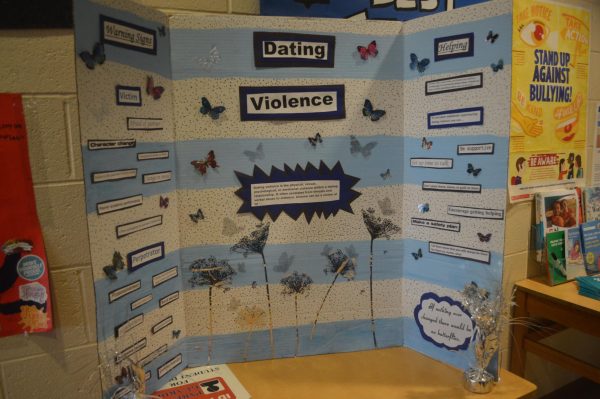
Here are some signs:
- Isolate you from friends and family.
- Put you down.
- Threaten to harm or take your kids.
- Control what you do and where you go.
- Shove, slap, or hit.
- Make all the decisions.
- Threaten to kill you or commit suicide.
There are different types of abuse: emotional, physical, and sexual.
Emotional abuse, also known as psychological abuse, involves your partner deliberately trying to scare, humiliate, isolate, or ignore you. During this type of abuse, your partner may insult you, keep you away from family and friends, spy on you, or make threats to hurt you if you try to leave.
Physical abuse is where your significant other intentionally hurts you. They may slap, pinch, choke, kick, shove, or inappropriately use drugs or physical restraints. Typically, the goal of an abuser is to cause physical pain but also to limit the other’s self-determination.
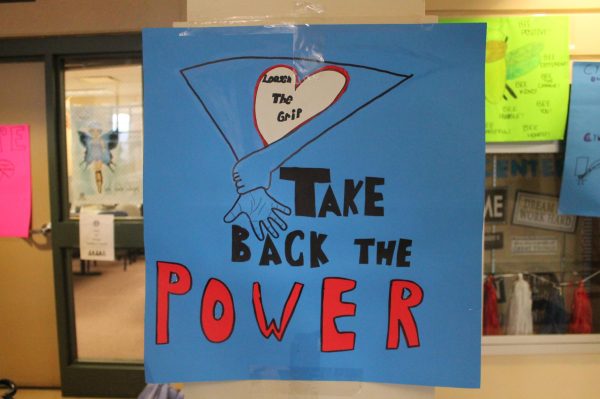
Sexual Abuse is sexual behavior or a sexual act forced onto you. They might try to force you to have sex or force you into any sexual contact.
You may not realize you’re being abused, or maybe you think you deserve it, but you don’t. It can be hard to face the truth, especially if you think you love them. Your thoughts could be something like “I can change them” or “I can fix them” but you can’t. Abusers don’t have the willpower or care to change because, in their eyes, they’re doing nothing wrong.
Don’t accept excuses. An abuser will try to blame you for their actions. For example, “Maybe I wouldn’t have hit you if you stopped doing that.” If your abuser does drugs or drinks alcohol, they may try to blame those too. If they loved you, they wouldn’t hurt you regardless of the situation.
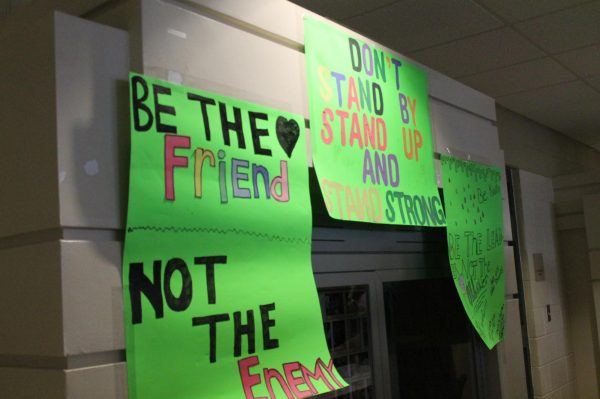
Responsibility is important in a relationship. Recognize when you do something wrong and own up to it. Understand that your words and actions have consequences—language and behavior matter. Singling out a person’s race, gender, ethnicity, sexual orientation, age, disability, or other personality traits is bullying. What is bullying? It’s a form of aggressive behavior in which someone intentionally and repeatedly causes another person injury or discomfort. Bullying can take the form of physical contact, words, or more subtle actions. In a relationship, you should never become violent or abusive mentally, emotionally, or physically. Your partner isn’t property and can make their own decisions.
What is a healthy relationship? A healthy relationship involves honesty, trust, respect, and open communication between partners. They take effort and compromise from both people. There is no imbalance of power and respect for each other’s independence. Both partners can make their own decisions without fear of retribution or retaliation and share decisions. An unhealthy relationship contains disrespectful, controlling, or abusive behavior. Some warning signs are jealousy, emotional abuse, physical/sexual abuse, coercion, and isolation.
Here are some relationship safety tips:
- Trust your instincts.
- Consider Double-dating.
- Tell a trusted adult before you leave for your date.
- Be aware.
- Know your options.
Domestic abuse is a pattern of behavior in any relationship that is used to gain or maintain power and control over a partner. The three main types of abuse are physical, emotional, and sexual. Any kind of abuse can happen to any race, age, sexual orientation, religion, or gender. If you or someone you know is being domestically abused, help is available. Call 800-799-7233 or visit the National Domestic Violence Hotline





